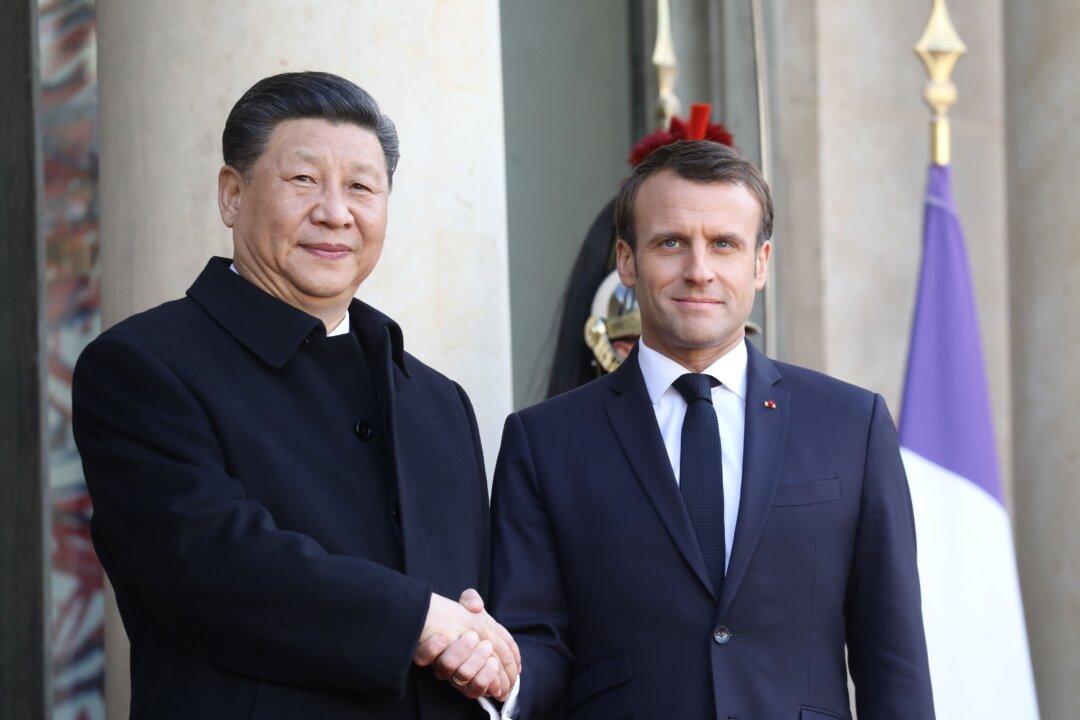Commentary
In December 2021, a number of countries, including the likes of Australia, the United States, and Canada, announced a diplomatic boycott of the Winter Olympics, which recently took place in China’s capital, Beijing.

In December 2021, a number of countries, including the likes of Australia, the United States, and Canada, announced a diplomatic boycott of the Winter Olympics, which recently took place in China’s capital, Beijing.